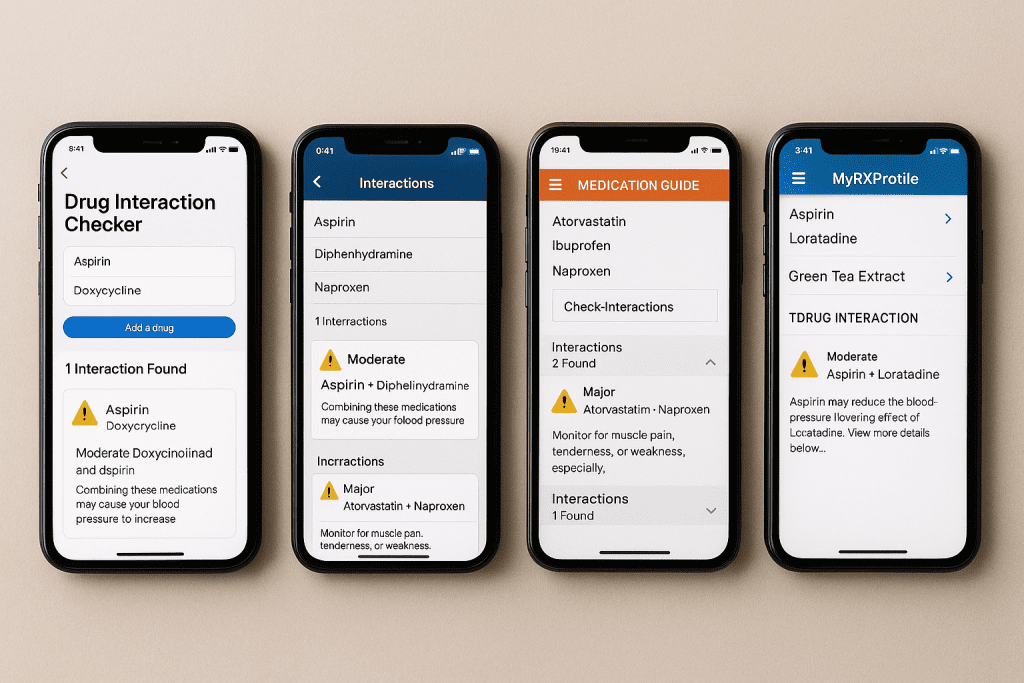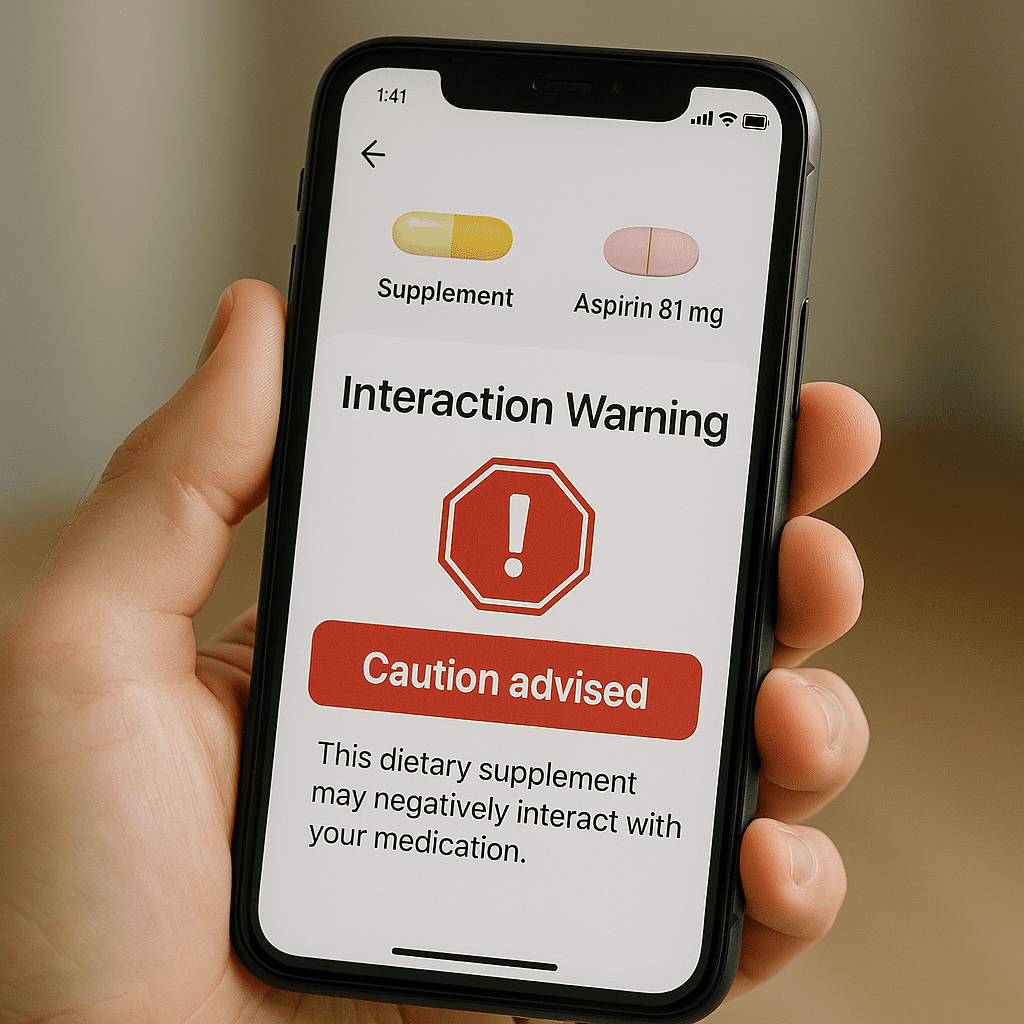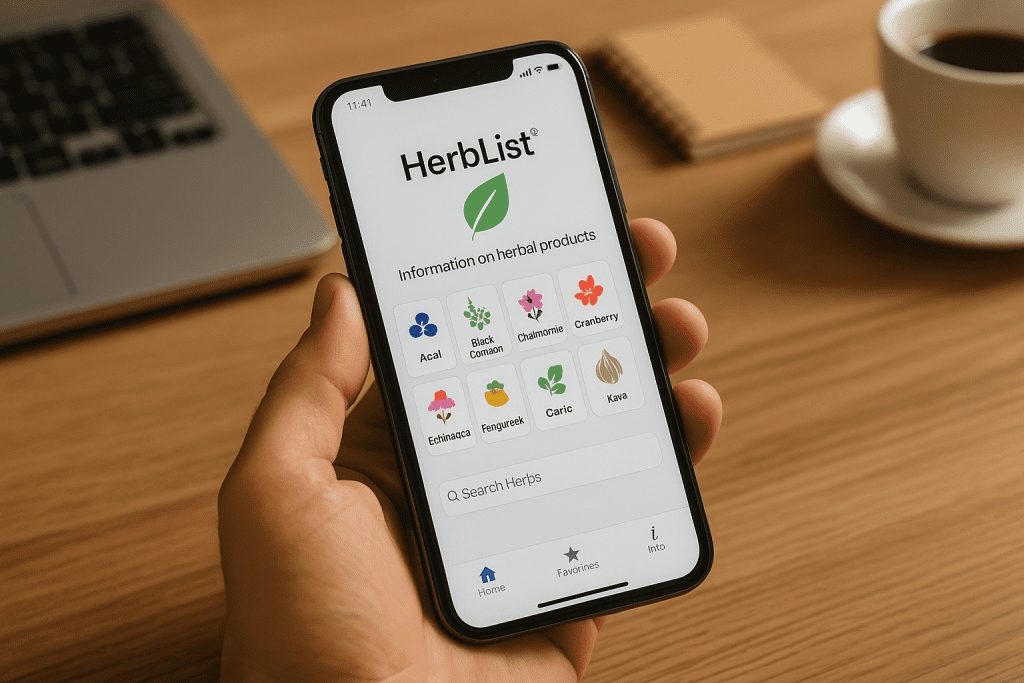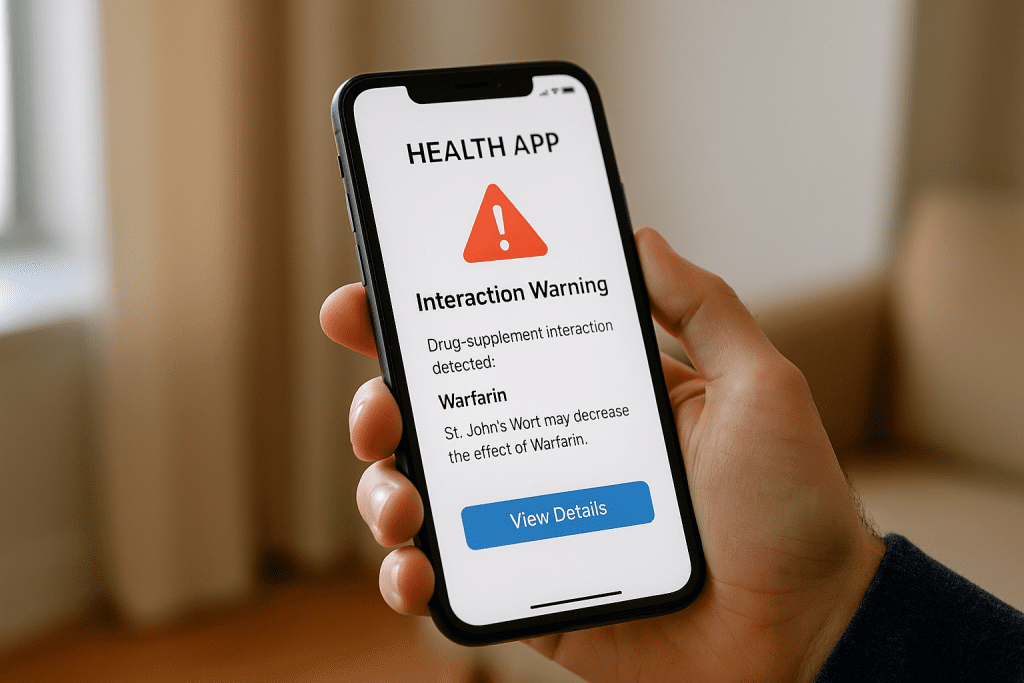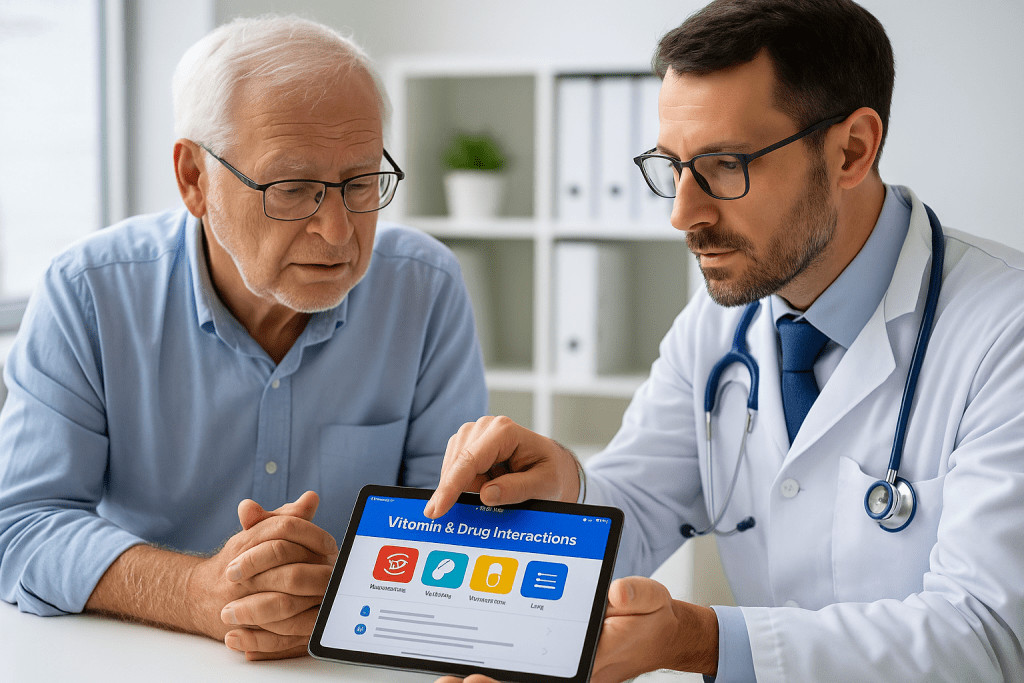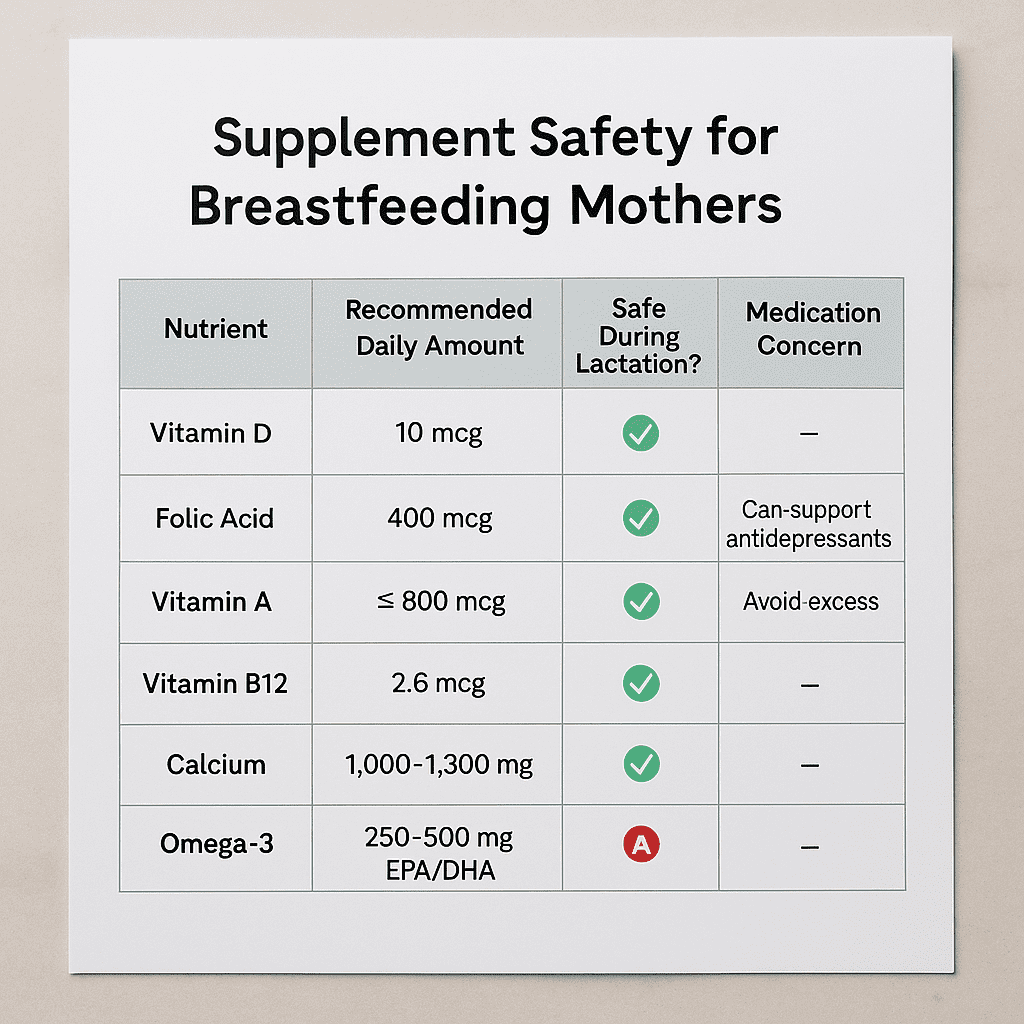Check OTC Drug Supplement Interactions [Expert Guide]
Combining supplements with over-the-counter (OTC) medications may seem harmless, but hidden interactions can lead to serious health consequences. That’s why it’s essential to know how to check OTC drug supplement interactions using reliable and fast tools. Whether you take fish oil, iron, or herbal products, this article breaks down the safest ways to screen for […]
Check OTC Drug Supplement Interactions [Expert Guide] Read More »
